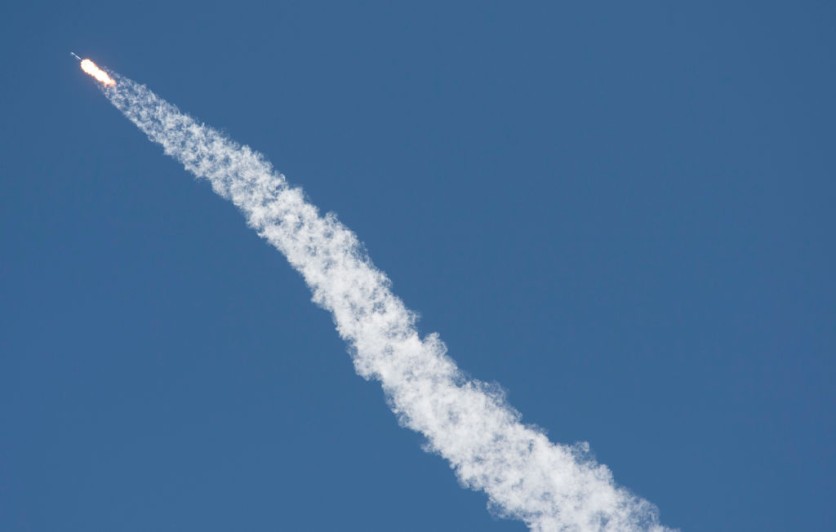Following a coolant leak from a Russian space capsule attached to the International Space Station (ISS) that is potentially hit by a micrometeorite, there is now a call to study and analyze it, as reported by Skynews.

Stranded Astronauts
With the amount of fluid and coolant lost, stranded astronauts could potentially be stranded. Recently this week, astronauts prepared to exit the space station for a spacewalk. However, according to NASA, the ground teams noticed significant leaks from the Soyuz MS-22 spacecraft two hours before the scheduled time.
In fact, a livestream of the spacewalk showed a fountain of particles bursting out from the spacecraft and into space. After that, the ISS crew reported a Soyuz sensor reading that showed a drop in the pressure of the spacecraft's cooling system.
Not In Danger
Although the ISS crew isn't in danger, it is not clear if the spacecraft will be able to carry the astronauts back home. The astronauts are due to return to Earth in spring 2023.
However, two astronauts may be stranded aboard the ISS until a replacement vehicle if flown to the orbiting lab.
NASA and Roscosmos, Russia's space agency, are working together to determine their next step following their analysis.
Micrometeorite Strikes
Astronauts and space experts have warned micrometeorite strikes are a known but mostly uncontrollable hazard in space. However, this is the first time that astronauts have seen evidence of it taking out the ISS' cooling system.
A micrometeorite is a tiny piece of orbital debris in space, usually no bigger than a grain of sand. In fact, they may be the most common type of object in space, though their size make it difficult to see them.
Although the ISS is protected from larger meteorites by its aluminum hull and its location in low earth orbit, this doesn't mean that it can't be damaged. The ISS has a constant coating of dust and tiny scratches. Despite it being so small, this dust can still have an impact on the station's equipment.
A meteorite, however, has a significantly larger mass than a micrometeorite and can have an even bigger impact. In fact, the ISS is expected to sustain some damage from these objects as it orbits the Earth.
The space station is protected by two shields, the first being its physical frame of the station and the second being the U.S. space shuttle Soyuz, which is docked on the ISS.
However, should there be a breach, the crew has a variety of systems in place to monitor, detect, and repair the damage.
Related article : ISS Experiences Trouble With Russian Soyuz Spacecraft Anew

ⓒ 2025 TECHTIMES.com All rights reserved. Do not reproduce without permission.




